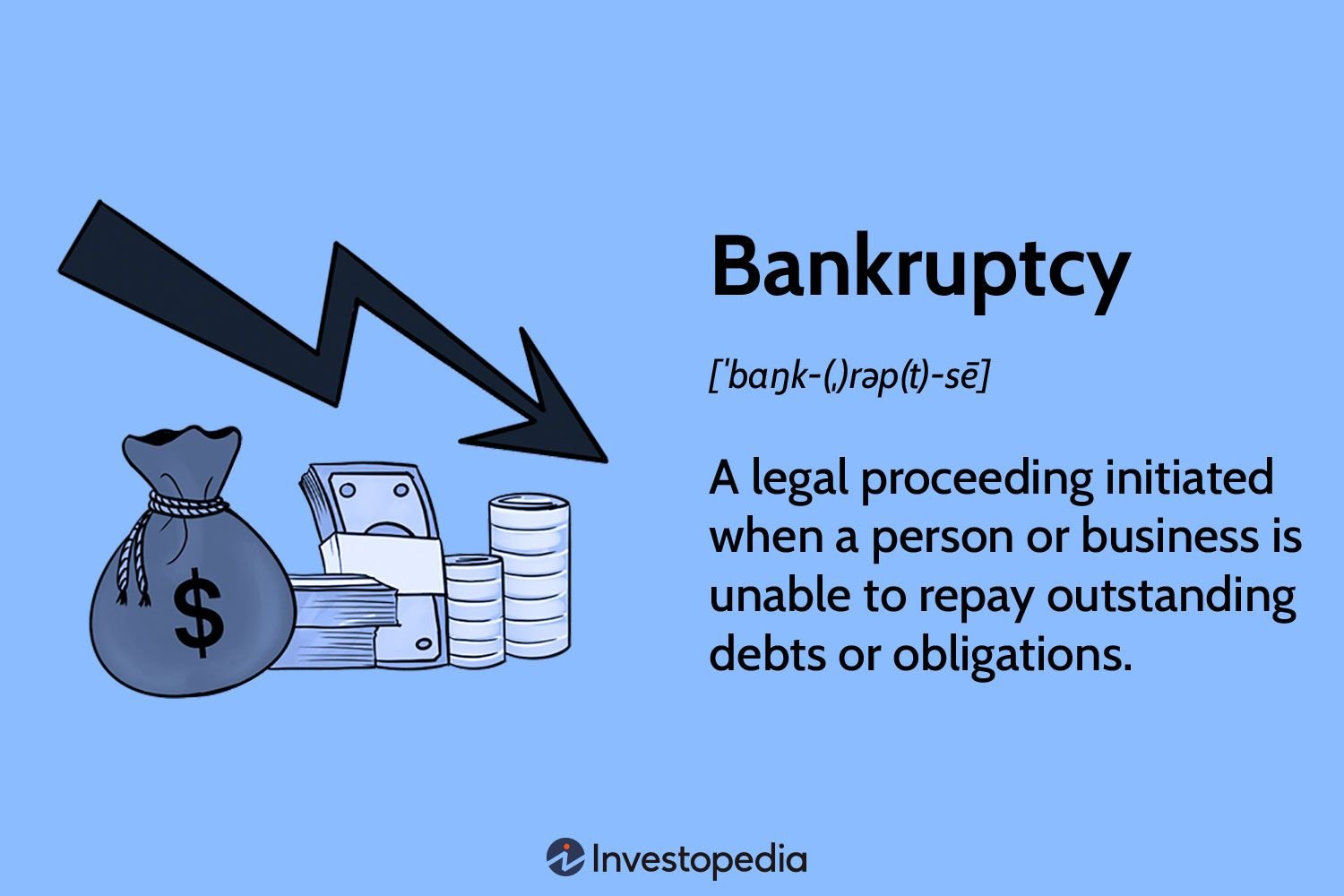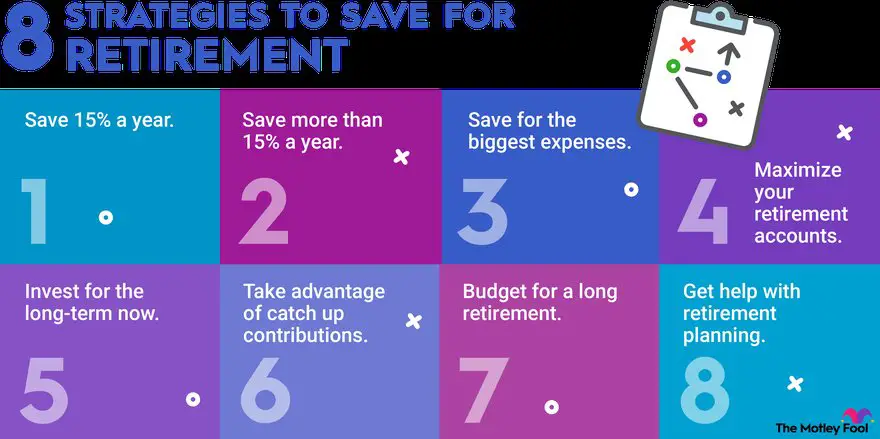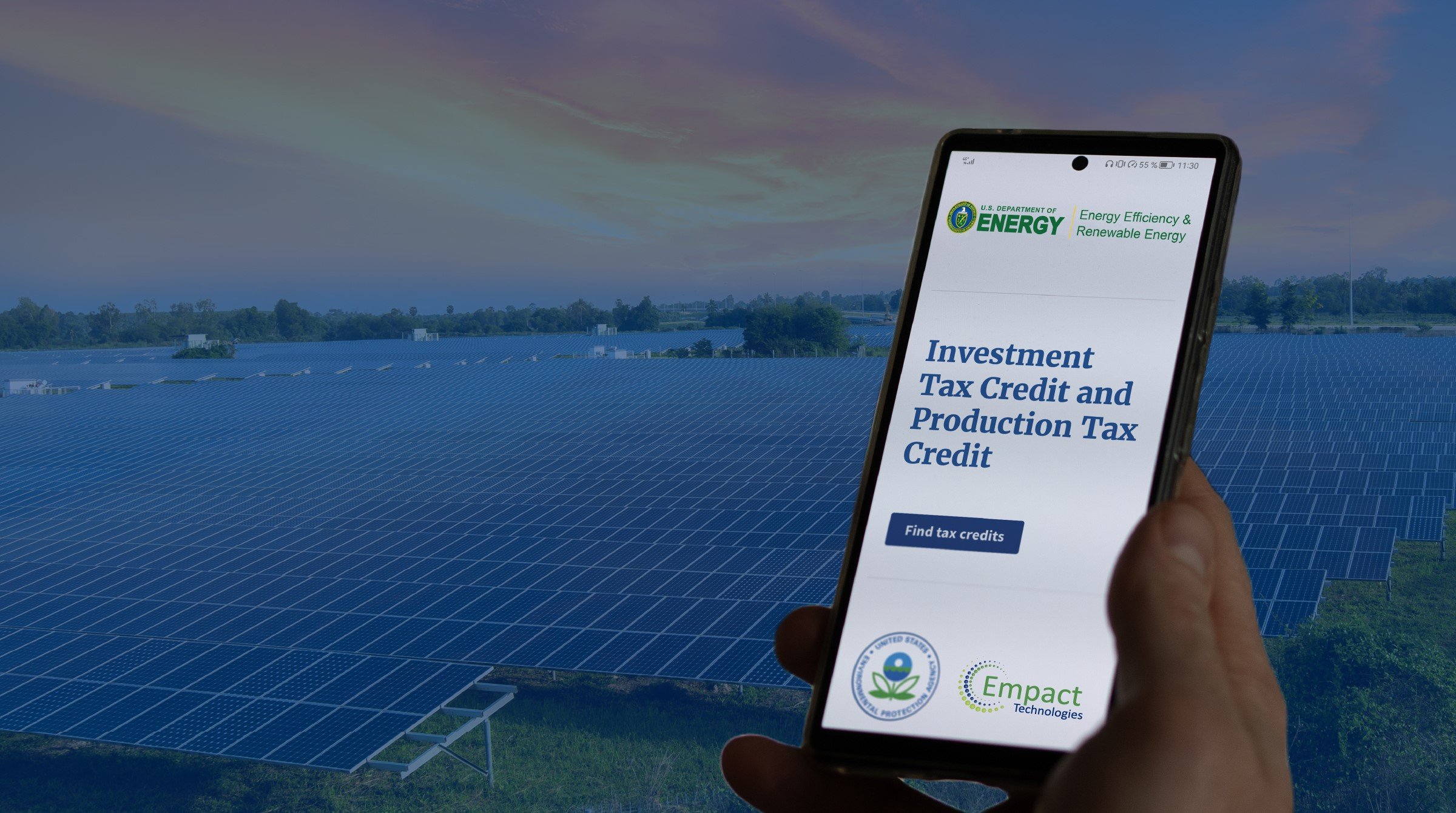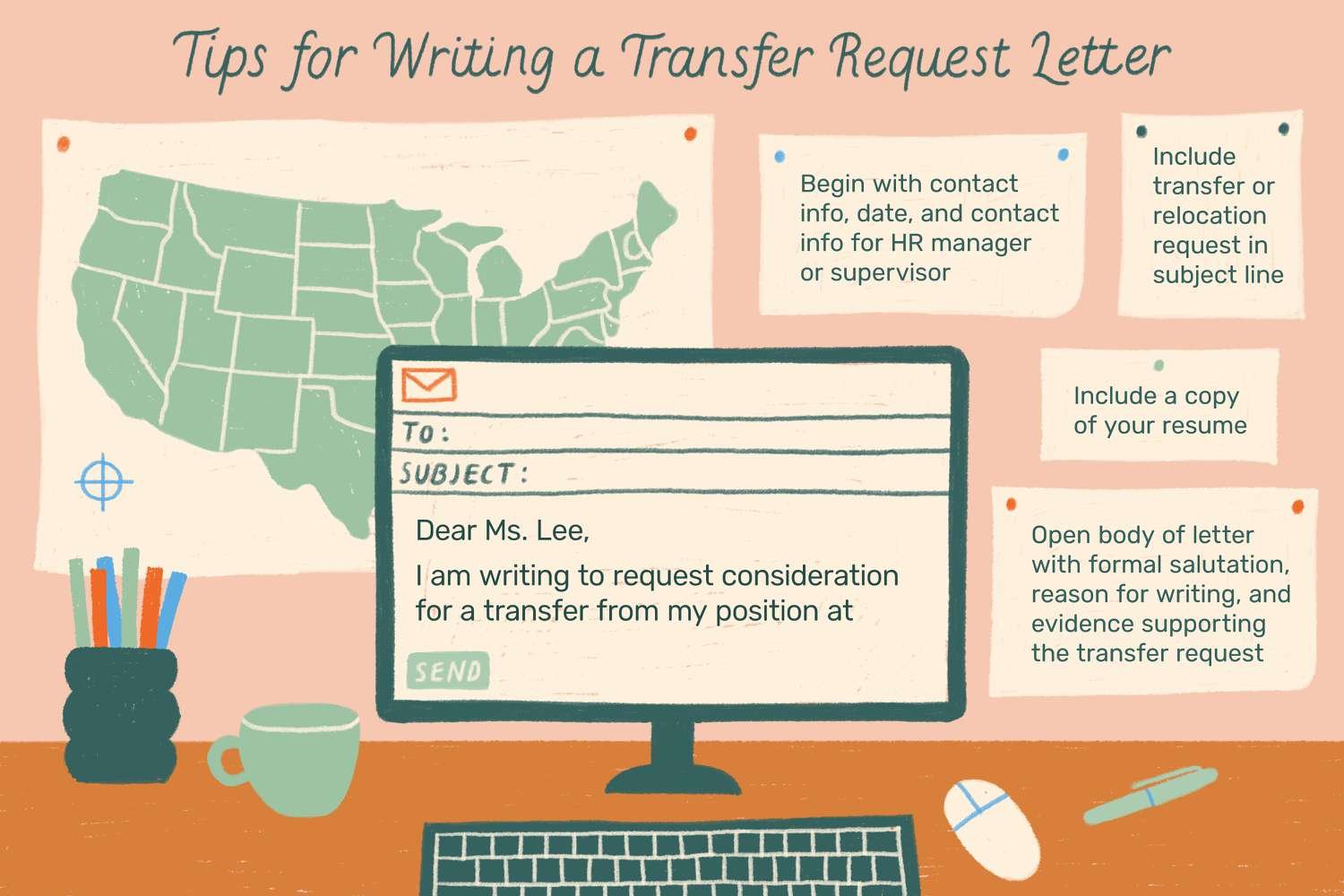Are you curious about what bankruptcy is and the different types it entails? Look no further! In this article, we’ll dive deep into the world of bankruptcy, providing you with a comprehensive understanding of its meaning and the various types that exist. From personal bankruptcy to business bankruptcy, we’ll explore the ins and outs of each category. So, if you’re ready to demystify the concept of bankruptcy and gain clarity on its types, let’s get started!
What is Bankruptcy and Its Types
Introduction to Bankruptcy
Bankruptcy is a legal process that allows individuals or businesses to seek relief from their debts when they are unable to repay them. It provides a fresh start for those burdened with overwhelming financial obligations. Bankruptcy laws vary from country to country, but they typically aim to balance the rights of debtors and creditors.
In this article, we will delve into the various types of bankruptcy and explore how each works. Understanding these different types can help individuals and businesses make informed decisions about their financial situations.
Chapter 7 Bankruptcy
Chapter 7 bankruptcy, also known as liquidation bankruptcy, is one of the most common forms of bankruptcy filed by individuals and businesses. It involves the sale of non-exempt assets to repay creditors. The process begins by filing a petition with the bankruptcy court, which triggers an automatic stay, halting collection efforts by creditors.
Here are some key points about Chapter 7 bankruptcy:
- Exempt assets: Certain assets, such as the primary residence, necessary clothing, and basic household items, are often exempt from liquidation.
- Debt discharge: After liquidating the non-exempt assets, the remaining qualifying debts are discharged, relieving the debtor of the legal obligation to repay them.
- Means test: Individuals must pass a means test to qualify for Chapter 7 bankruptcy. The test evaluates the debtor’s income and expenses to determine if they have the means to repay their debts.
- Impact on credit: Chapter 7 bankruptcy remains on a credit report for ten years, which may make it more challenging to obtain credit in the future. However, it provides an opportunity for a fresh financial start.
Chapter 13 Bankruptcy
Chapter 13 bankruptcy, also known as a wage earner’s plan, allows individuals with regular income to create a repayment plan to satisfy their debts over a specified period, typically three to five years. This type of bankruptcy is suitable for borrowers with a steady income who want to keep their assets and catch up on missed payments.
Here are some key points about Chapter 13 bankruptcy:
- Repayment plan: The debtor proposes a repayment plan, outlining how they will repay their creditors over the designated period. The plan is subject to court approval.
- Asset retention: Unlike Chapter 7 bankruptcy, Chapter 13 allows individuals to retain their assets, such as their home or car, as long as they continue making payments according to the repayment plan.
- Debt discharge: Upon successful completion of the repayment plan, any remaining qualifying debts are discharged, providing the debtor with a fresh financial start.
- Eligibility requirements: To be eligible for Chapter 13 bankruptcy, an individual must have regular income and total secured and unsecured debts within certain limits set by law.
Chapter 11 Bankruptcy
Chapter 11 bankruptcy is primarily designed for businesses but can also be utilized by individuals with substantial debts. It provides a way for financially struggling businesses to reorganize their operations and repay their creditors over time. Chapter 11 bankruptcy allows businesses to continue operating while restructuring their debts.
Here are some key points about Chapter 11 bankruptcy:
- Reorganization plan: The debtor proposes a reorganization plan that outlines how they will restructure their debts and continue operating the business. The plan is subject to court approval and must be accepted by the creditors.
- Business continuity: Chapter 11 bankruptcy allows businesses to remain in operation, keeping employees employed and vendors paid, while seeking ways to become financially viable again.
- Complex process: Chapter 11 bankruptcy is often more complex and costly than other bankruptcy types due to the involvement of larger businesses and more significant debts. It requires extensive documentation and court oversight.
- Debt discharge: Upon successful completion of the reorganization plan, the debtor may receive debt discharge or have their debts restructured to make them more manageable.
Chapter 12 Bankruptcy
Chapter 12 bankruptcy is specifically designed for family farmers and fishermen facing financial distress. It provides a structured repayment plan to help them reorganize their debts and continue their operations. Chapter 12 offers unique provisions tailored to the specific needs of these industries.
Here are some key points about Chapter 12 bankruptcy:
- Eligibility requirements: To qualify for Chapter 12 bankruptcy, the debtor must be engaged in a farming or fishing operation, have regular income, and meet certain debt limits.
- Repayment plan: Similar to Chapter 13 bankruptcy, Chapter 12 involves the creation of a repayment plan, allowing the debtor to make affordable payments over a fixed period.
- Debt discharge: Upon successful completion of the repayment plan, the debtor receives debt discharge, providing relief from the remaining qualifying debts.
- Family farmer or fisherman: The agricultural or fishing nature of the operation is a defining characteristic of Chapter 12 bankruptcy and distinguishes it from other bankruptcy types.
Bankruptcy is a legal process that offers individuals and businesses a chance to regain control of their financial situation when overwhelmed by debt. Understanding the different types of bankruptcy, such as Chapter 7, Chapter 13, Chapter 11, and Chapter 12, is essential to make informed decisions about seeking relief. Each type has its own set of requirements and benefits, allowing debtors to find the most suitable solution for their specific circumstances.
If you find yourself facing significant financial distress, consult with a qualified bankruptcy attorney who can provide guidance tailored to your situation. Bankruptcy is not a decision to be taken lightly, and professional advice can help you navigate the complexities while working towards a more stable financial future.
What Are The 3 Types Of Bankruptcy | Quick Overview
Frequently Asked Questions
Frequently Asked Questions (FAQs)
What is bankruptcy and its types?
Bankruptcy refers to a legal process through which individuals or businesses facing overwhelming debt can seek relief and protection from their creditors. There are several types of bankruptcy, including Chapter 7, Chapter 13, and Chapter 11.
What is Chapter 7 bankruptcy?
Chapter 7 bankruptcy, also known as liquidation bankruptcy, is the most common form of bankruptcy for individuals. In this type of bankruptcy, a trustee is appointed to gather and sell the debtor’s non-exempt assets to repay creditors. Many eligible debts can be discharged, providing the debtor with a fresh start financially.
What is Chapter 13 bankruptcy?
Chapter 13 bankruptcy allows individuals with a regular income to develop a court-approved repayment plan to pay off their debts over a period of three to five years. This form of bankruptcy is often chosen by individuals who want to keep their assets, such as a home or car, while catching up on missed payments.
What is Chapter 11 bankruptcy?
Chapter 11 bankruptcy is primarily designed for businesses, but it can also be used by individuals with substantial debt. It involves reorganizing and restructuring debts while the business continues to operate. Chapter 11 allows the debtor to propose a plan to repay creditors over time while keeping the business intact.
What are the eligibility criteria for bankruptcy?
To be eligible for bankruptcy, individuals must meet certain criteria, including being a resident of the United States, having accrued significant debt that cannot be repaid, and having completed credit counseling within a specified timeframe. Different types of bankruptcy have additional criteria that must be met.
Will bankruptcy eliminate all of my debts?
While bankruptcy can eliminate many types of debts, it does not discharge all obligations. Debts such as child support, alimony, certain taxes, student loans (in most cases), and debts arising from fraudulent or malicious acts may not be dischargeable in bankruptcy.
How will bankruptcy affect my credit score?
Filing for bankruptcy can have a negative impact on your credit score. It will remain on your credit report for a specified period, typically seven to ten years, depending on the type of bankruptcy filed. However, rebuilding your credit is possible by demonstrating responsible financial behavior over time.
What are the alternatives to bankruptcy?
Before considering bankruptcy, it’s advisable to explore alternative options such as debt consolidation, negotiation with creditors, or debt management programs. These alternatives may help restructure your debts and avoid the more severe consequences of bankruptcy.
Should I consult a bankruptcy attorney?
Consulting a bankruptcy attorney is highly recommended before making any decisions regarding bankruptcy. An attorney can assess your financial situation, explain your options, guide you through the legal process, and ensure that you understand the implications and potential consequences of filing for bankruptcy.
Final Thoughts
Bankruptcy is a legal process that allows individuals or businesses to manage their debts when they are unable to repay creditors. There are different types of bankruptcy, each serving a specific purpose. Chapter 7 bankruptcy involves liquidating assets to repay debts, while Chapter 13 bankruptcy allows individuals to create a repayment plan over a period of time. Businesses can file for Chapter 11 bankruptcy, which enables them to restructure their finances and continue operations. Understanding what bankruptcy is and its types is crucial for anyone facing overwhelming debt and seeking financial relief. Overall, bankruptcy provides a framework for individuals and businesses to address and resolve their financial challenges.



